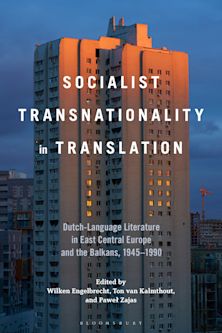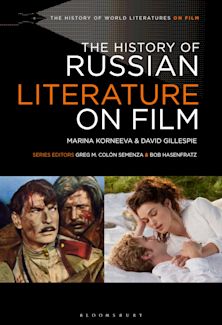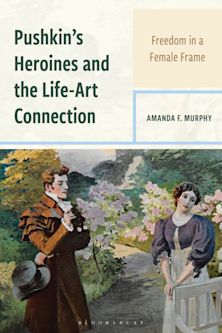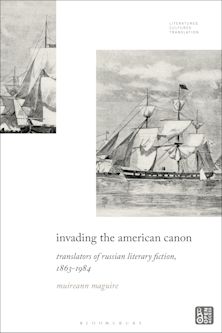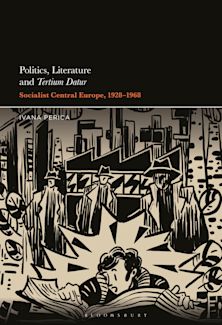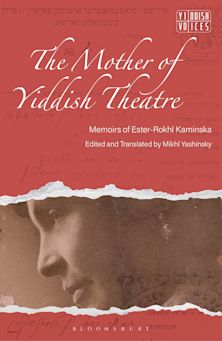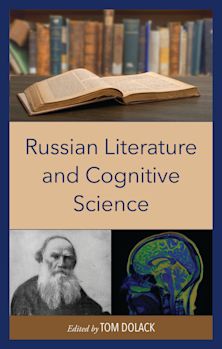Connections and Influence in the Russian and American Short Story
Connections and Influence in the Russian and American Short Story
This product is usually dispatched within 1 week
- Delivery and returns info
-
Free CA delivery on orders $40 or over
Description
In Connections and Influence in the Russian and American Short Story, editors Robert C. Hauhart and Jeff Birkenstein have assembled a collection of eighteen original essays written by literary critics from around the globe. Collectively, these critics argue that the reciprocal influence between Russian and American writers is integral to the development of the short story in each country as well as vital to the global status the contemporary short story has attained. This collection provides original analyses of both well-known Russian and American stories as well as some that might be more unfamiliar. Each essay is purposely crafted to display an appreciation of the techniques, subject matter, themes, and approaches that both Russian and American short story writers explored across borders and time. Stories by Gogol, Dostoevsky, Turgenev, Chekhov, and Krzhizhanovsky as well as short stories by Washington Irving, Faulkner, Langston Hughes, Richard Wright, Ursula Le Guin, Raymond Carver, and Joyce Carol Oates populate this essential, multivalent collection. Perhaps more important now than at any time since the end of the Cold War, these essays will remind readers how much Russian and American culture share, as well as the extent to which their respective literatures are deeply intertwined.
Table of Contents
Chapter 2: Empathy and Human Feeling in the Short Stories of O. Henry and Anton Chekhov, Iren Boyarkina
Chapter 3: From Poe to James via Dostoevsky: Cognizing Doppelgangers in American and Russian Short Fiction, Irina Golovacheva
Chapter 4: “Smile and Scream” in the Little Review: Russian Short Fiction and Transatlantic Avantgarde, Maria Krivosheina
Chapter 5: The Resonance of Dostoevsky's “Bobok” in Faulkner's The Sound and the Fury, Sahar J. Al-Keshwan
Chapter 6: Black in the USSR: Langston Hughes, Ivan Turgenev, and the Radical Potential of the Short Story, Laura Ryan
Chapter 7: Composing Thoughts: Reading Daniil Kharms's Work in the Light of Short Story Collection Theory, Pedro Querido
Chapter 8: Outsiders and Others: Revisiting Richard Wright's “Underground Man”, Durthy A. Washington
Chapter 9: “The Strange and the Commonplace in One”: Spirituality, Mystery,
Product details
| Published | Mar 10 2021 |
|---|---|
| Format | Hardback |
| Edition | 1st |
| Extent | 318 |
| ISBN | 9781793629883 |
| Imprint | Lexington Books |
| Dimensions | 228 x 161 mm |
| Publisher | Bloomsbury Publishing |
Reviews

ONLINE RESOURCES
Bloomsbury Collections
This book is available on Bloomsbury Collections where your library has access.












